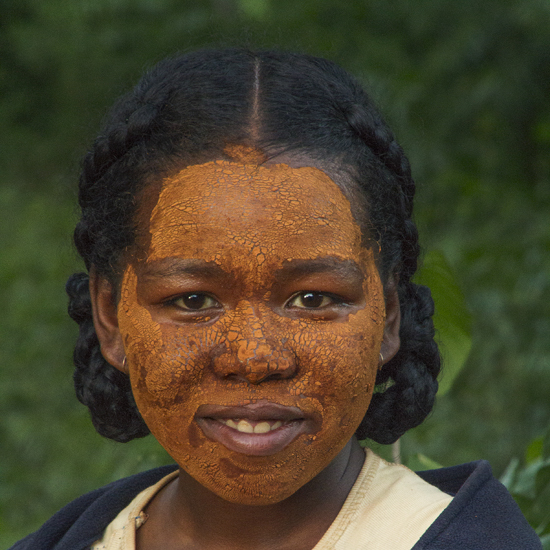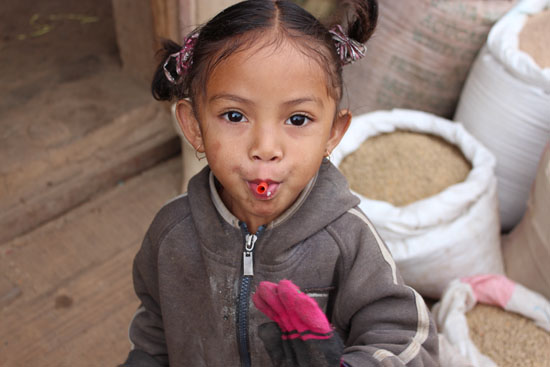The Holbrook Explorer

Photography Etiquette Around the World
Photography Etiquette Around the World
Visiting a new country or city allows travelers to experience a unique, rich culture. It’s only natural to want to save these memories in photographs. However, photographing a stranger abroad might be different than photographing a stranger at home. Here are a few tips for general travel photography etiquette, as well as advice for specific countries.
Asking Permission

Madagascar
Photo by Pelin Karaca
Although it is important and considerate, asking permission to take a stranger’s photo is really up to the photographer and depends on the situation. It is much easier to capture a candid moment if the subject is unaware that he or she is being photographed. If that’s the case, it would be courteous to ask for permission afterwards, and delete the photo if the subject seems uncomfortable. On the other hand, if you ask for permission beforehand, you have the opportunity to get much closer to your subject, get a nice portrait, and even reposition and pose them for a better shot. At public festivals, shows and other events, unless otherwise specified, it is usually safe to photograph performers without permission. When photographing children, definitely ask their parents for permission. When in doubt if you should ask for permission, it’s probably best to just do it anyway, whether it be before or after you take the photo.
No Means No

Madagascar
Photo by Stephanie Kowacz
Photographing strangers in a foreign country is not one of those situations where you can charm or convince someone to take their photo. It’s important to be respectful of different cultural customs, so if someone seems uncomfortable or outright says “no” to being photographed, just don’t do it. Imagine if someone asked you for a photo and you refused, but then you caught them sneaking a photo of you anyway. It’s a major violation of privacy, especially when you’re unfamiliar with the culture you’re in. If you ask someone about a photo you’ve already taken and they say “no,” delete it in front of them—it’s disappointing to lose a good shot, but, in the long run, you’ll stay out of trouble and maintain the respect of those around you.
Be Friendly

Cuba
Photo by Michelle Korczynski
Even if there are huge language barriers between you and your subject, a smile and simple gestures go a long way with people. If there isn’t a language barrier, make friendly conversation with your subject, and even try to get to know them. Not only will it help with a photo caption, it creates a more comfortable atmosphere with your subject and thus improves your shots. When photographing store owners or merchants, it is polite to buy a bit of whatever they’re selling—they probably won’t mind being photographed as much if they’ve gotten a sale out of it. Finally, if you want to go the extra mile, getting a physical or email address from your subject to send them a copy of the photo you took of them would go a long way. Or, you could buy a handy on-the-go portable printer that connects to your camera to give your subject a token of your appreciation on the spot.
Be Aware of the Culture
The Masaai Village in Kenya
Photo by Debbie Sturdivant
You may need to adjust your photography etiquette based on the country you’re shooting in. For example, the Middle East is a dicey place for photography, so we recommend always asking for permission. There are a few things that it is safest to avoid photographing altogether in this region: 1) Muslim women, 2) military/government buildings, 3) anything that is considered shameful in the Muslim culture, such as trash, dirty animals, etc. On the other hand, oftentimes in Southeast Asia, people will be extra curious about your photography and even ask you to take photos of them.
No matter where you are and who you’re photographing, it is important to be aware of the culture, customs, rules and laws of the country you’re shooting in. If done properly, you could leave your vacation with some incredible photos of the people you met abroad.
